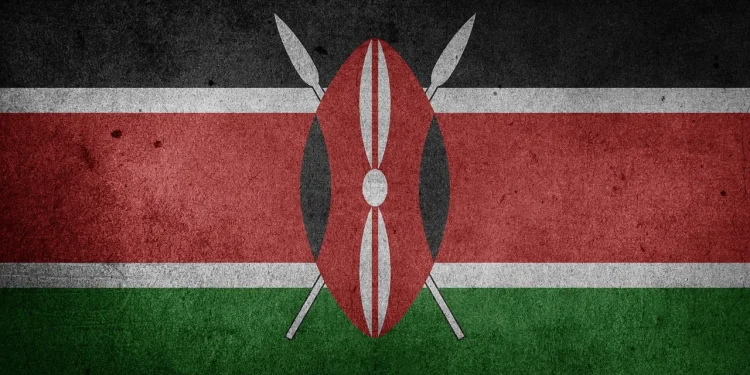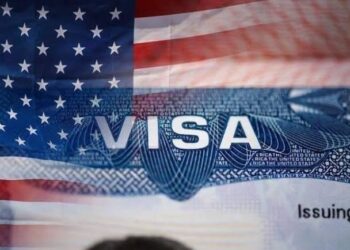Tanzania has ignited a regional trade conflict after banning foreign nationals from owning and operating small-scale businesses across 15 key sectors, including mobile money transfers, tour guiding, beauty salons, and small-scale mining. The directive, announced by Trade Minister Selemani Jafo, aims to protect local traders from foreign competition, particularly Chinese nationals, who have increasingly dominated Tanzania’s informal economy. Violators face fines, six-month jail terms, and revoked work permits.
While the policy has been praised domestically—especially by traders in Dar es Salaam’s Kariakoo market, who previously protested Chinese business encroachment—it has triggered fierce backlash from Kenya, where officials argue the ban violates East African Community (EAC) free-movement agreements.

Kenya Warns of Economic Fallout and Possible Retaliation
Kenyan Trade Minister Lee Kinyanjui demanded the ban’s reversal, warning it would “hurt both economies” and urging bilateral talks to resolve the dispute. Bernard Shinali, chairman of Kenya’s National Assembly Trade Committee, hinted at reciprocal measures, noting that Tanzanians work freely in Kenya’s mining sector. The outcry extended to business leaders like hotelier Mohammed Hersi, who criticized the move as “protectionism” that undermines regional integration.
Social media amplified Kenyan frustrations, with users accusing Tanzania of sabotaging EAC unity. “Tanzanians run small businesses here unhindered. This proves they’re not committed to the bloc,” one post read. The tensions add to longstanding Kenya-Tanzania trade disputes, including past tariff clashes and deportations of Kenyan activists.
The ban comes as Tanzania prepares for October’s general elections, with the ruling CCM party expected to retain power. Critics suggest the policy appeals to nationalist sentiments amid economic strain. Meanwhile, Kenyan Foreign Affairs Minister Musalia Mudavadi recently highlighted that 250,000 Kenyans live or work in Tanzania, stressing the need for diplomatic cooperation —a plea overshadowed by recent incidents like the alleged torture of Kenyan activist Boniface Mwangi during a Dar es Salaam court observation.
Will the EAC Intervene?
As Kenya weighs retaliation, the EAC faces a test of its own as regards free-trade principles. And now that Tanzania is defending the ban as vital for ocal job creation and Kenya decrying it as economic sabotage, regional stability is literally hanging in the precipice and the outcome could redefine cross-border business regulations in East Africa.

















